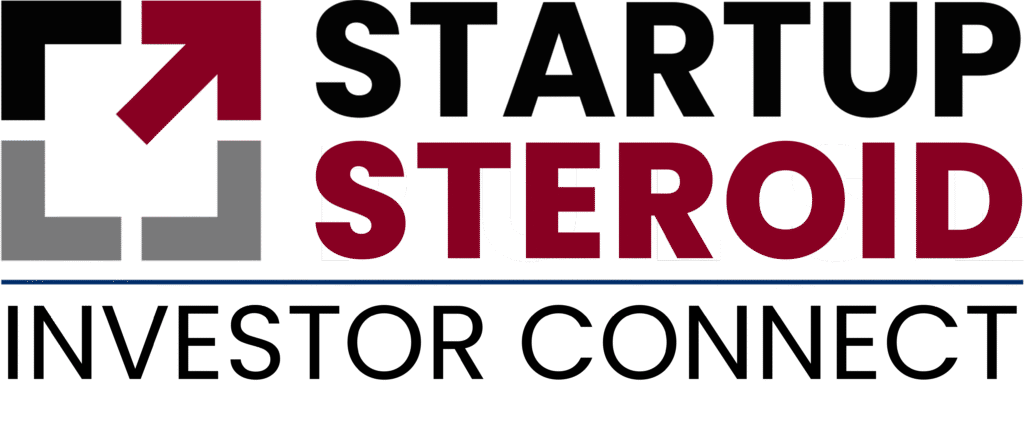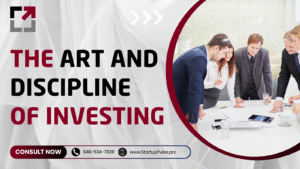Raising funds in the early days of a startup can be a defining moment for any founder. But early-stage startup investors don’t just write checks based on hope—they commit when they see signs of clarity, potential, and trustworthiness.
Winning that trust doesn’t require perfection. It requires focus, honesty, and preparation. Here’s how to build confidence among early-stage startup investors in five practical ways.
Understand the Problem Better Than Anyone
One of the first things investors pay attention to is whether the founder truly understands the problem they’re trying to solve. Surface-level answers don’t cut it. If your explanation sounds like something copied from a tech article, it won’t inspire confidence.
Founders who’ve spent time in the trenches—talking to users, observing behavior, and identifying patterns—stand out. They’re able to describe the pain point in clear language, explain why current solutions are flawed, and show how they arrived at their idea through real-world insight.
When early-stage startup investors see that you know the problem deeply, they begin to believe you might be the right person to solve it.
Be Honest About the Market Size
It’s easy to get carried away with big numbers when discussing market opportunities. However, most experienced investors can instantly spot inflated estimates. Claiming that your product is for “everyone” makes it sound like it’s for no one.
Instead of overselling, explain how you’re starting. Show how you’ll enter the market, who your first users will be, and what kind of growth is realistic in the short term. Early-stage startup investors aren’t expecting you to dominate an entire industry on day one. They want to know you’ve thought carefully about where to begin—and how to grow from there.
Keeping it realistic doesn’t make you look small. It makes you look thoughtful.
Highlight the Strength of Your Team
At the earliest stage, many investors say they’re backing the team more than the product. That’s because great teams can pivot, adapt, and deliver even if the original idea doesn’t go as planned.
This doesn’t mean your team needs to be made up of industry celebrities. It means you should clearly show how your current team can build and deliver. Explain your backgrounds, why you work well together, and how your combined skills cover the essential areas of the business.
Even if you’re a solo founder, you can build confidence by showing that you’ve thought about hiring, advisors, and the gaps you plan to fill. Early-stage startup investors want to know that the company is in good hands, regardless of what the future holds.
Share a Roadmap That Makes Sense
Vision is inspiring, but execution is what brings that vision to life. Investors want to know where your startup is headed, but more importantly, they want to see how you’ll get there.
Sharing a roadmap isn’t about predicting the next five years in detail. It’s about communicating what you plan to achieve shortly. Focus on your next steps, the goals for the next few months, and how you’ll use investor capital to hit those milestones.
A clear, practical plan builds trust. It helps early-stage startup investors see that you’re not just dreaming—you’re thinking strategically and moving with intention.
Communicate Clearly and Consistently
Confidence is built over time. And in the world of fundraising, how you communicate can have just as much impact as what you’re creating.
Founders who are open about progress, setbacks, and next steps tend to gain more trust. If you say you’ll follow up, do it. If you don’t know the answer to a question, admit it, then follow up later with the information. These small actions go a long way in showing that you’re reliable.
Once an investor is on board—or even considering it—stay in touch. Keep them updated with what’s going on. This doesn’t require long reports. Even short monthly updates can keep investors engaged and reinforce their confidence in you as a founder.
Conclusion
Raising capital in the early stage isn’t just about having a great idea. It’s about being someone that early-stage startup investors can trust with their time, money, and belief.
By digging deep into the problem, staying grounded in your market strategy, surrounding yourself with the right team, setting a clear direction, and maintaining honest communication, you create an environment where investors feel confident putting their faith in you.
It’s not about being flawless—it’s about being prepared, real, and ready to build. That’s what gives investors the confidence to back your journey.





